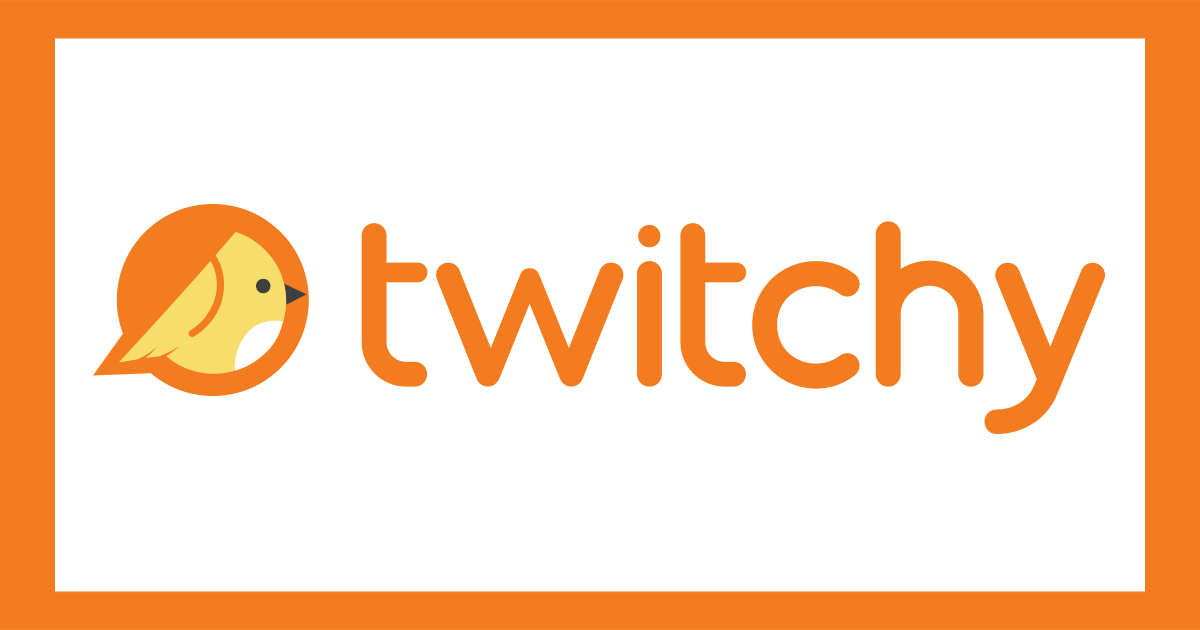The New York Times, which spreads misinformation online and in print, is out with a dire warning: those cute cat (and dog) videos you see online might be a gateway to misinformation:
Videos and GIFs of cute animals — usually cats — have gone viral for almost as long as the internet has been around.
But now this trick for building audiences is being used by people and organizations peddling misinformation, researchers say. https://t.co/xw7MqEaSz1
— The New York Times (@nytimes) December 1, 2021
Consider:
The website of Dr. Joseph Mercola, an osteopathic physician who researchers say is a chief spreader of coronavirus misinformation online, regularly posts about cute animals that generate tens or even hundreds of thousands of interactions on Facebook. The stories include “Kitten and Chick Nap So Sweetly Together” and “Why Orange Cats May Be Different From Other Cats,” written by Dr. Karen Becker, a veterinarian.
…
The posts with the animals do not directly spread false information. But they can draw a huge audience that can be redirected to a publication or site spreading false information about election fraud, unproven coronavirus cures and other baseless conspiracy theories entirely unrelated to the videos. Sometimes, following a feed of cute animals on Facebook unknowingly signs users up as subscribers to misleading posts from the same publisher.
Unproven coronavirus cures like — hydroxychloroquine! — thanks to Western Journal, a right-wing publication that owns the popular Facebook page Liftable Animals.
Recommended
We are almost at the end of the game. pic.twitter.com/oIRNNYNKtn
— Dave Rubin (@RubinReport) December 1, 2021
It's fake news turtles all the way down
— Kyle Becker (@kylenabecker) December 1, 2021
Pst; hey kid, want some misinformation?? pic.twitter.com/PET41sWxie
— Calathra (@xCalathra) December 1, 2021
Hey Elon, room for one more on the flight to Mars?
— Neil 'Woody' (@WestLancsUK) December 1, 2021
— Aaron Marcus (@apmarcus03) December 1, 2021
I mean Grumpy Cat was pure propaganda. Everybody knows that. pic.twitter.com/Gyj16utOgA
— Jæśøñ Męâdë (@jasonmeade447) December 1, 2021
Imagine being the editor. Journalist: I’ve got this story about cats and misinformation. Editor: *deep sigh… that’s it? That’s all we’ve got? Journalist: but they’re dangerous. Editor: *rolls eyes… fine. Run it…
— Justasnowmexican (@Justasnowmexic1) December 1, 2021
We out here bringing down the state pic.twitter.com/9qzMhMkILz
— Tony Gaul (@TonyGaul) December 1, 2021
Those damn *flips through book of bullshit* …cute cats.
— Laramie Blu Bryant (@BryantLaramie) December 1, 2021
Working on his new, low information material 😂🤣 pic.twitter.com/HVHggJaT0c
— tb (@t_b_1120_) December 1, 2021
https://twitter.com/JWeston2021/status/1466161092053372933
Cats are always the gateway drug
— Optimates_395 (@optimates395) December 1, 2021
This is the misinformation that they're worried about.
— Kurt Tazelaar (@KurtTazelaar) December 1, 2021
Guess @catturd2 is living rent free at @nytimes right about now
— American Cynic (@cynicaltakes) December 1, 2021
— Alex Valois 🇫🇷🇨🇦⚽️ (@AlexValois5) December 1, 2021
That's why I get all my information from Minion memes.
— Josh (@joshghz) December 1, 2021
As if we needed more proof that we live in a clown world. .. the paper of record is not only writing about cute cats, but trying to scare people about them. Dear Lord.
— TheGiftOfCookies (@TheGiftOfCooki1) December 1, 2021
— Josh (@joshghz) December 1, 2021
Oh nos pic.twitter.com/kX7BKnh5VA
— Adam F Turner (@AdamFTurner1) December 1, 2021
Seriously, who would pay $1 per week for the NYTimes?
— Mason Simpson (@MaceChan) December 1, 2021
Absolute clowns
— sat hoarder ⚡ (@sathoarder) December 1, 2021
They must be super bored at The NYT today 😂🤙🏾
— Shawnie that 🔥 (@ThaKidTrialz) December 1, 2021
Did a dog write this?
— Unhedged and Unhinged 🇮🇹 (@VulgarCapLLC) December 1, 2021
More, because there always has to be a professor to weigh in:
Rachel E. Moran, a researcher at the University of Washington who studies online misinformation, said it was unclear how often the animal videos led people to misinformation. But posting them continues to be a popular tactic because they run such a low risk of breaking a platform’s rules.
“Pictures of cute animals and videos of wholesome moments are the bread and butter of social media, and definitely won’t run afoul of any algorithmic content moderation detection,” Ms. Moran said.
Related:
Investigative journalism: New York Times looks into whether it matters if you eat the stickers on produce https://t.co/y1c9XyaE4J
— Twitchy Team (@TwitchyTeam) November 16, 2021
























Join the conversation as a VIP Member